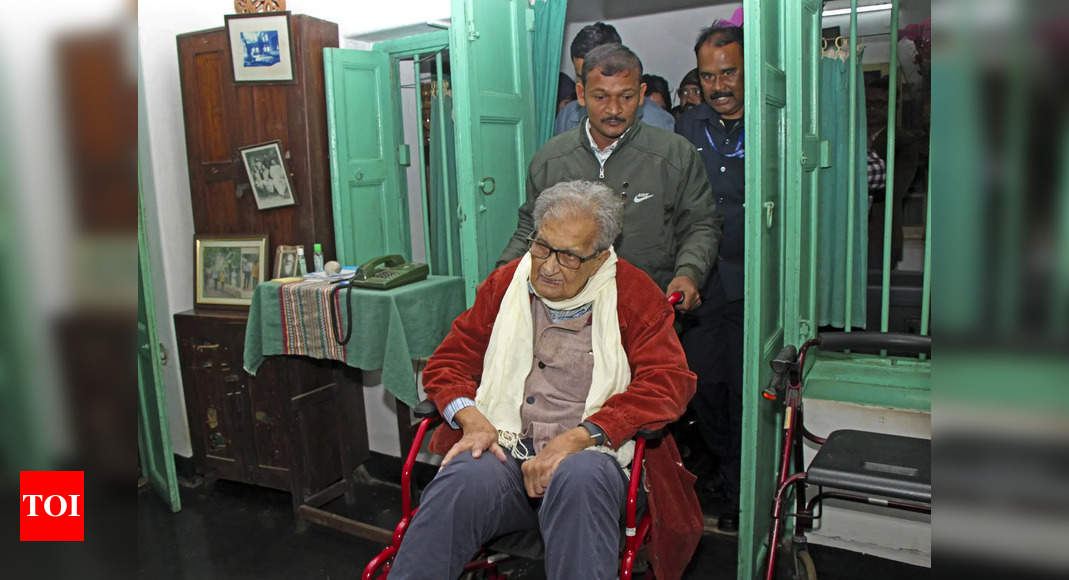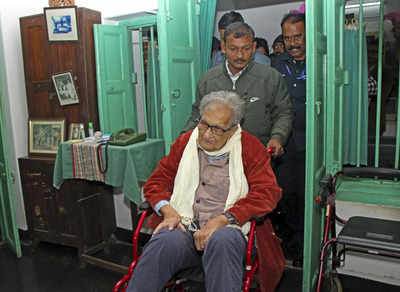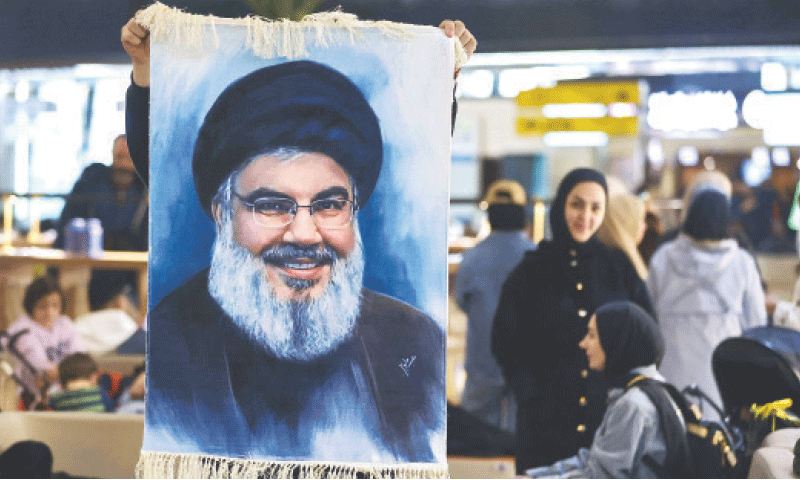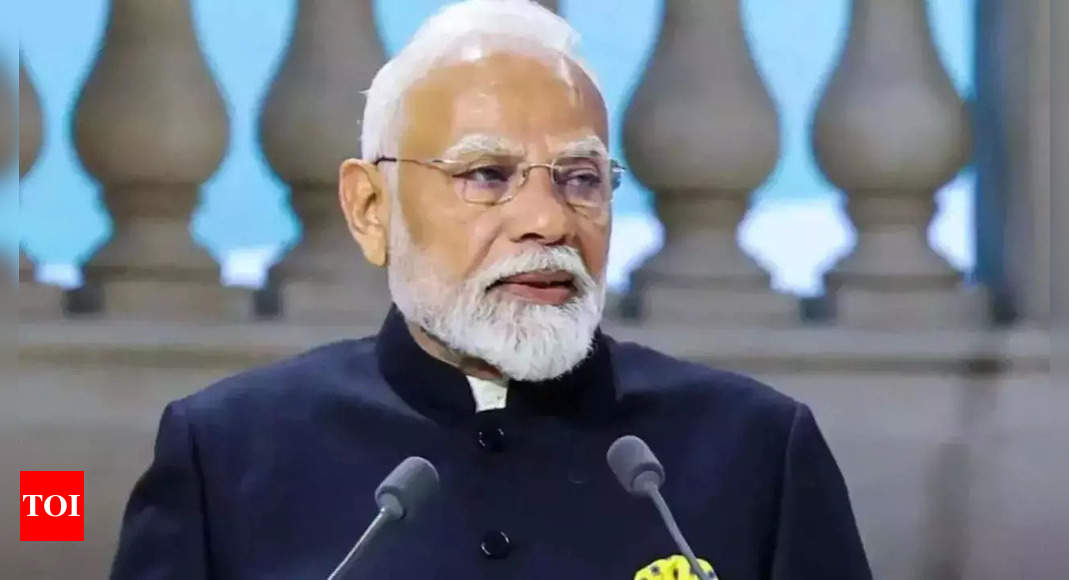Amartya Sen calls for Congress-AAP unity, warns against Hindutva influence | India News

Nobel laureate Amartya Sen has underscored the “strong need” for unity between the Congress and the Aam Aadmi Party (AAP), stating that the two parties should have contested the Delhi elections together with mutually agreed commitments. Speaking to PTI from his ancestral home in West Bengal’s Birbhum district, Sen warned that if secularism in India were to survive, political parties must not only unite but also uphold the values that have made the country a model of pluralism.
AAP’s setback: A result of disunity?
“I don’t think the result of the Delhi elections should be exaggerated, but it certainly has its significance. And if the AAP had won there, that victory would have carried its own weight,” Sen said.
Delving into the reasons behind AAP’s electoral loss, the eminent economist pointed to a “lack of unity among those who did not want a Hindutva-oriented government in Delhi.” He emphasized that in several constituencies, the BJP’s margin over AAP was smaller than the number of votes Congress received, indicating that a united front could have changed the outcome.
AAP’s Hindutva dilemma
According to Sen, another crucial factor was AAP’s unclear stance on secularism.
“What were the AAP’s commitments? I don’t think the AAP succeeded in making clear that it was firmly secular and for all Indians. There was too much catering to Hindutva. So it’s not even clear how committed it was against religious communalism,” he asserted.
However, he acknowledged AAP’s work in education and healthcare, suggesting that Congress should have aligned with the party on these issues.
“My daughter lives in Delhi, and she and her family praise AAP’s efforts in school education and healthcare. The Congress could have come together with AAP, saying, ‘We like their schools, we like their hospitals, and we want to expand them further.’ That would have been a better approach,” he suggested.
Lessons for opposition ahead of key elections
Sen also criticized opposition parties for failing to focus on public services, which, he argued, allowed their opponents to steer the narrative towards issues like liquor licenses and tax laws.
“The AAP could have focused more on secularism, healthcare, and education while also working towards an alliance with Congress. Instead, they stood on opposite sides,” he remarked.
Looking ahead, Sen believes the Delhi elections offer lessons for upcoming contests, particularly in Uttar Pradesh.
“The lesson to learn from the AAP’s poll debacle is to reinforce what the Samajwadi Party did in the general elections: take a clear stand against Hindutva politics. Most Indians don’t want a Hindu Rashtra,” he emphasized.
Bengal’s Political landscape: A different story?
When asked whether Delhi’s results might influence next year’s Bengal Assembly elections, Sen acknowledged that all elections in India have ripple effects. However, he expressed confidence in Bengal’s political culture.
“In Bengal, even though secular parties like the Trinamool Congress, the CPI(M), and the Congress have gone separate ways, there remains a social consensus on secularism, education, and healthcare. I do not see a Delhi-type debacle happening here,” he predicted.
Sen believes that with greater focus on honest governance, justice, and tolerance, Bengal is unlikely to fall into the “sectarian trap.” He envisions an India that prioritizes education, healthcare, and unity.
“I would like to see an India where everyone has access to education and reliable healthcare, with a vision of unity not just for the nation but for the world. These aren’t just dreams—they’re achievable goals if we follow good, cooperative politics,” he concluded.






